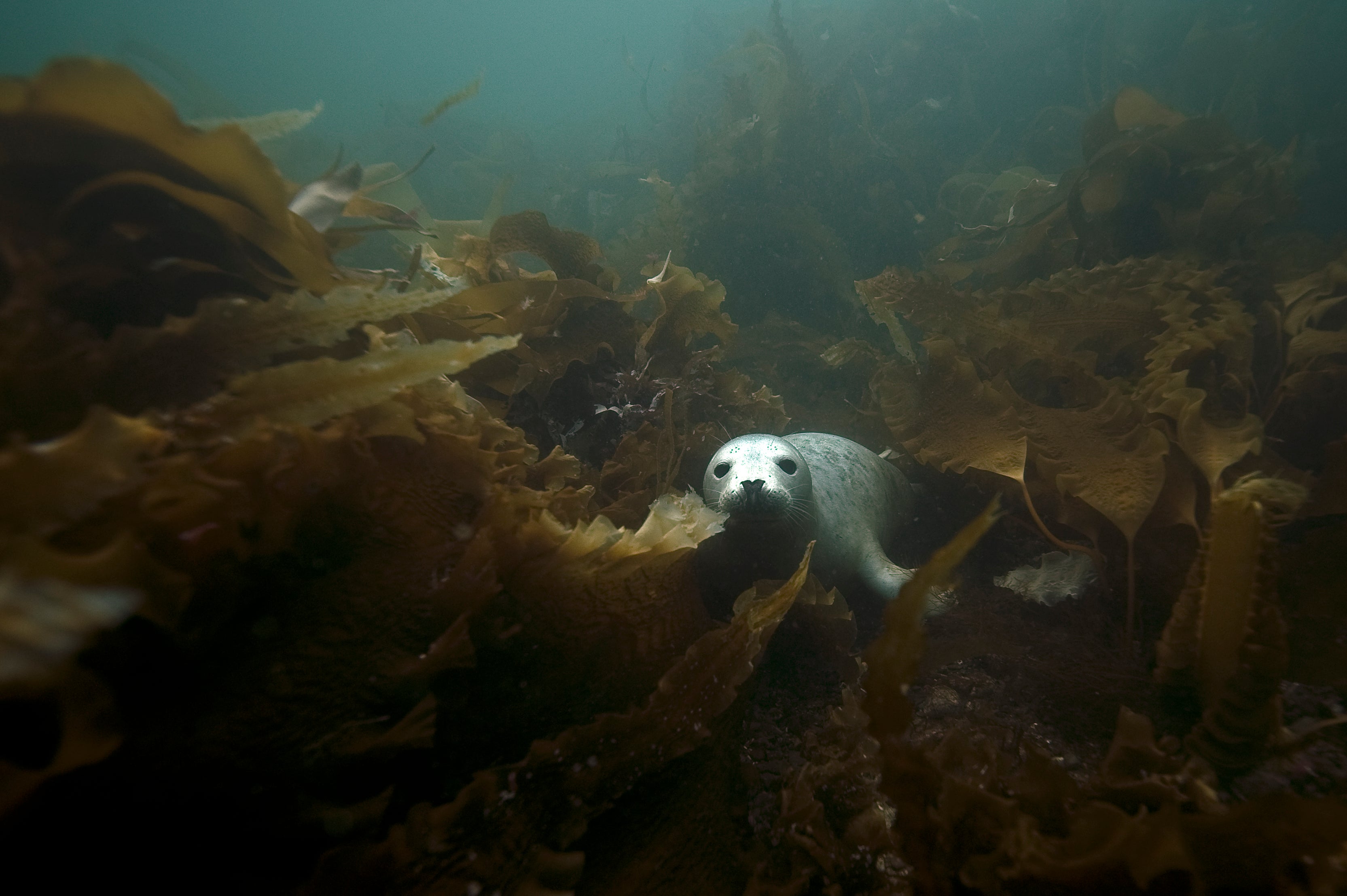What do UK adults know about marine life?
‘The health of our oceans and climate change are inextricably linked and we need urgent action to restore and protect them’

Your support helps us to tell the story
From reproductive rights to climate change to Big Tech, The Independent is on the ground when the story is developing. Whether it's investigating the financials of Elon Musk's pro-Trump PAC or producing our latest documentary, 'The A Word', which shines a light on the American women fighting for reproductive rights, we know how important it is to parse out the facts from the messaging.
At such a critical moment in US history, we need reporters on the ground. Your donation allows us to keep sending journalists to speak to both sides of the story.
The Independent is trusted by Americans across the entire political spectrum. And unlike many other quality news outlets, we choose not to lock Americans out of our reporting and analysis with paywalls. We believe quality journalism should be available to everyone, paid for by those who can afford it.
Your support makes all the difference.Britons are passionate about protecting our marine life, but have no idea dolphins, killer whales and sharks can be found in UK seas, according to a study.
Six in 10 didn’t know bottlenose dolphins can be spotted in UK seas – most commonly off the coasts of Cornwall, Wales and eastern Scotland – and 57 per cent weren’t aware some sharks also call the UK home.
While 82 per cent were surprised to learn pods of Orca – or killer whales – can be found around UK coastlines.
In fact, there are rare but thrilling sightings on west and north coast of Scotland, and Shetland and Orkney islands.
The poll was commissioned by Sky Ocean Rescue and WWF, through their Ocean Hero campaign, which is raising awareness of UK seas, its marine wildlife and the threats they are facing, hoping to inspire UK adults to take action now to support ocean recovery by becoming an Ocean Hero.
They have also created an interactive map to show Britons where they can see UK marine life for themselves, and how to be responsible when spotting marine life and what you can do to help protect and restore their habitats.
The poll found most adults are aware UK seas are under threat, while many were also aware the world’s oceans can help reduce climate change by absorbing carbon dioxide.
Further to this, the majority of those polled feel so passionate about the future of UK seas they want the government to do more to help.
Tanya Steele, Chief Executive at WWF, said: “The UK’s coasts and seas are an unsung hero in the world’s fight against climate change.
They play home to a great variety of marine life – from dolphins, whales, sharks, seals, puffins and seahorses to cold-water coral, seagrass and saltmarshes - but right now, our seas are in trouble.
“Over-fishing, pollution, coastal development and rising temperatures, combined with increasing acidification, is putting enormous pressure on marine ecosystems.
“Over 12 years ago, the UK government committed to healthy seas by the end of 2020 – yet today, less than 1 per cent are properly protected.
“With nature in freefall, it’s vital we do all we can to stop the threats to our ocean and marine life.
“We can all play our part, by becoming an Ocean Hero, signing the petition and writing to our MPs to let them know we care about our ocean.”
The survey also some people never realised grey seals call the UK home, and many didn’t know porpoises do too.
And it’s a similar story for starfish, Atlantic puffins and the lion’s mane jellyfish – this latter creature being one of the world’s largest known species of jellyfish.
Further to this, a number of adults were surprised to learn UK seas are home to such a variety of marine life and habitats.
Although several admitted they’re not sure where which bits of the UK are best to visit in order to see such wonders as whales, seahorses and turtles.
Further to this, many they don’t know how to responsibly approach marine species and habitats.
And others said they not sure how to spot sharks and other UK-based sea life.
Despite this, the study carried out through OnePoll found 78 per cent of adult agree that seeing marine life in their natural habitat is one of life’s biggest joys.
In fact, most are ‘passionate’ about protecting UK seas.
Jeremy Darroch, executive chairman at Sky and WWF-UK Ambassador, added: “We all cherish the incredible marine life and beauty of the UK coastline, but we know it is under threat.
“The health of our oceans and climate change are inextricably linked and we need urgent action to restore and protect them.
“At Sky, we’ve set our own ambition to be net zero carbon by 2030 and want to inspire others to #GoZero with us.
“That’s why we’re calling on the UK public to become Ocean Heroes; to play their part in restoring the health of our seas to benefit climate, nature and people.”
SWNS
Join our commenting forum
Join thought-provoking conversations, follow other Independent readers and see their replies
Comments